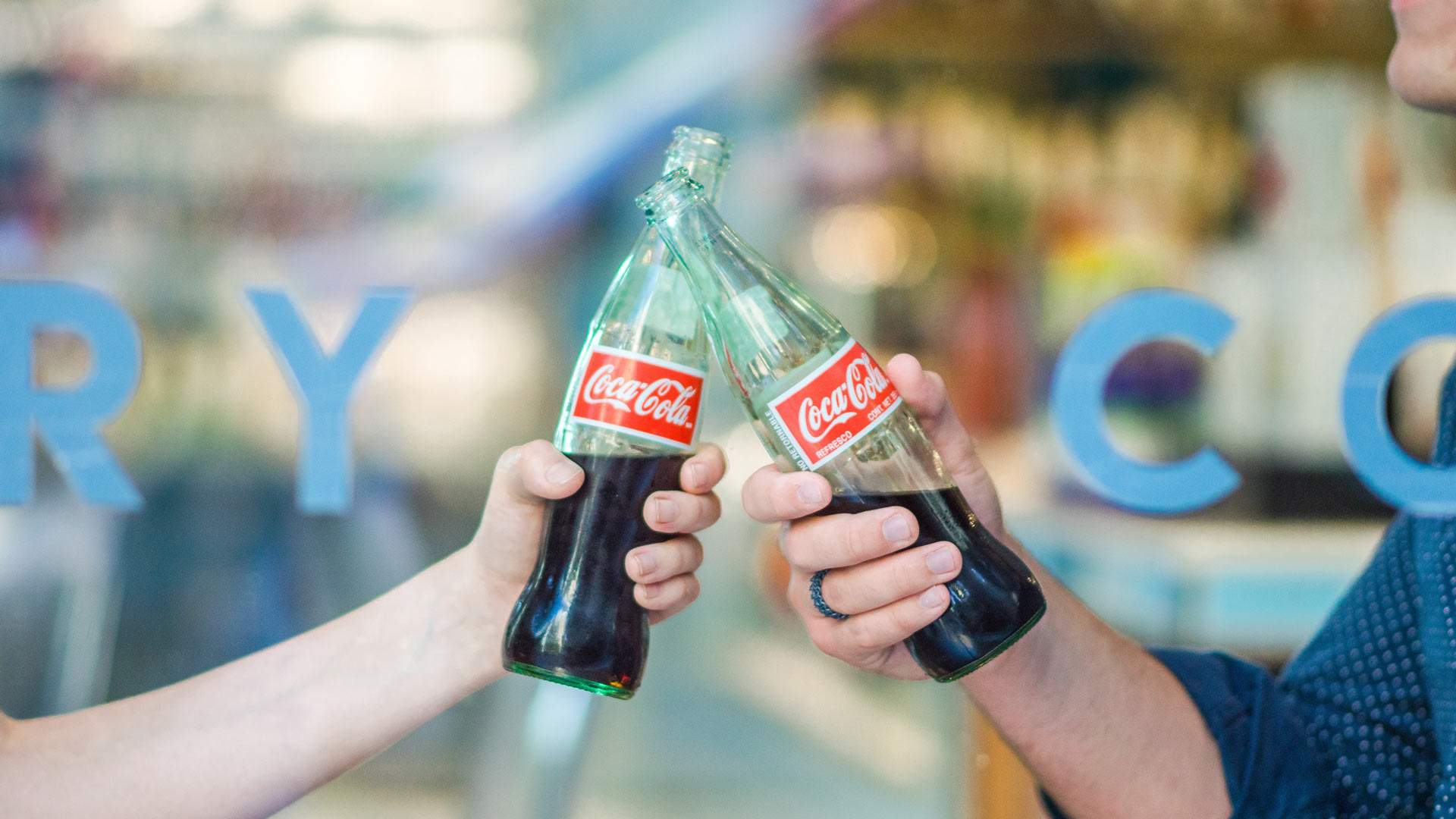Coca-Cola Is Ditching Single-Use Plastic Straws from 115,000 Aussie Venues
It's aiming to have 100 percent recyclable packaging in Australia by 2025.
Coca-Cola Amatil, one of the largest manufacturers of beverages and food products in the Asia-Pacific, is the latest company to make a big-ticket move in the fight against plastic waste, announcing it'll phase out all single-use plastic straws and stirrers from its Aussie operations.
The company is now switching to fully recyclable and biodegradable paper straws sourced from BioPak and Austraw, for its distribution services to around 115,000 venues across the country, which include everything from grocery stores to petrol stations, bars and cafes. Stocks of the current single-use products will be run out over the next two months, with the more eco-friendly alternatives available from February.
While it's a great move for the environment, as highlighted by the ABC, it also has potential to marginalise disabled members of the community. A number of Aussies with disabilities rely on straws to eat and drink, and reusable versions aren't always an alternative.
And it seems this is just the start for Coca-Cola Amatil's sustainability shake-up, as the group moves towards its goal to have 100 percent of its Australian packaging fully recyclable by 2025, including bottles, cans, plastic wrap, cardboard and glass. With over 700,000 customers across its brands, ditching the plastic will have a big positive impact.
The company says it's currently working with suppliers on a range of sustainable solutions for products like plastic spoons and frozen drink scoops. Last year, it also announced a range of environmental targets it hoped to achieve by 2020, including using at least 60 percent renewable or low-carbon energy in its operations, and significantly reducing the overall carbon footprint of its drinks.
The straw phase-out follows similar recent moves by the likes of IKEA, McDonald's and Melbourne's Crown Casino, and comes as South Australia reveals it's looking at implementing its own state-wide ban on single-use plastic items.





